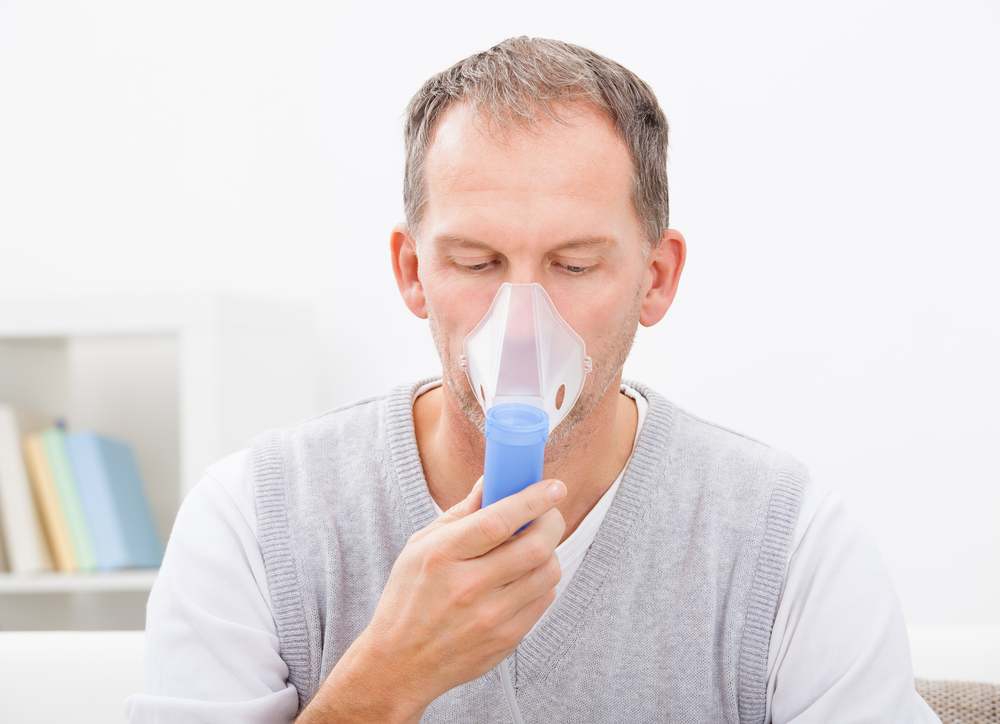
The next southern state in America to legalize medical cannabis, Governor Key Ivey signed Senate Bill 46 into law on May 17, 2021. Patients have been waiting for Alabama MMJ for a long time! The legislation was sponsored by State Senator Tim Melson (R), an anesthesiologist who has spent time reviewing medical research and clinical studies about cannabis.
The SB46 legislation was argued in the Alabama House of Representatives by Republican representative Mike Ball. Mr. Ball was the State Representative that also sponsored and helped pass “Carly’s Law” and “Leni’s Law” in Alabama. Rep. Mike Ball was also responsible for creating the first marijuana bill by the Alabama House of Representatives.
That measure did not succeed, but it led to another important step: creating the Alabama Medical Cannabis Study Commission. A council that State Representative Mike Ball chaired gathered the evidence-based research needed to bring legalized medical cannabis to patients.
Now that medical marijuana has been legalized in Alabama, the complex administrative work begins. Starting with appointing physicians licensed to practice in the state to the Alabama Medical Cannabis Commission (AMCC).
The AMCC will consult and drive the decision process for all aspects of Alabama’s new medical marijuana program. Including certifications and special training that may be required for physicians and practitioners who wish to refer patients to the MMJ program.
The Alabama Medical Cannabis Commission (AMCC) will work with the Medical Association for the State of Alabama (MASA) on regulatory matters and standardize patient care and consultation requirements.
The Alabama House of Representatives and Senate have approved an inclusive list of qualifying health conditions for patients. Some southern U.S. states start by launching a restrictive cannabis program. However, bipartisan lawmakers in Alabama took an equitable, compassionate care approach to serve the needs of patients with chronic health conditions and rare diseases.
Patients must have one or more of the diagnosed health conditions outlined. The approved qualifying health conditions for the new Alabama medical marijuana program are:
Medical cardholders who possess more than 70 daily doses of cannabis can still face a misdemeanor offense and jail time. And individuals who possess, manufacture, distribute or use cannabis without a medical card could face a Class B felony offense.
Many states start by legalizing medical cannabis. And then, based on the successful launch of the patient program, move into legalizing adult-use (recreational) weed in the state. Patients come first, and the controls available through a medical program successfully prepare states for administering recreational weed.
In many states, the legalization of recreational weed results in lower costs for medical marijuana patients. The taxes collected from the adult-use sales pay all administrative fees to the state for medical and recreational programs. In some states (like New Jersey), this has allowed a phasing-out of taxes and low registration fees. This can make medical marijuana far more affordable to patients—particularly those on a fixed budget.
But if you are hoping for some encouraging news about incoming adult-use legislation along with the Alabama MMJ program? It’s unlikely. Written into the medical cannabis bill is a statement about adult-use cannabis and legalizing it in the state:
“Recreational use of marijuana remains a significant threat to public health and safety.”
To further punctuate the stance, lawmakers in Alabama kept the hefty legal penalties in place for personal use possession. And even more punitive consequences for manufacturing or distribution of cannabis products for recreational use.
When medical marijuana and adult-use are legalized in a state, decriminalization laws are usually introduced simultaneously. This is because once cannabis is legalized, charges for personal use amounts should be dropped. And ideally, people serving time for personal possession amounts should be released. There is usually a process for expunging criminal records as well.
Alabama Senator Bobby Singleton (D) drafted SB 149, the states’ decriminalization of cannabis bill. The Alabama Senate Judiciary Committee approved it with a vote of 6-3. However, it has been indefinitely suspended and will not receive a Senate vote.
The SB 149 decriminalization bill (had it passed the Alabama Senate) would have reduced the penalty for possession of >2 ounces of cannabis to a $250 fine. Larger possession amounts were also included in the bill, making them a fine-only (and no criminal charge) offense. And that may have been why SB 149 was tabled.
Currently, in Alabama, possession of marijuana charge (of any amount) can result in a misdemeanor charge, with up to one year in jail and/or a fine of up to six thousand dollars ($6,000).
Senate Bill 149 has entered the Alabama legislative graveyard. It is marked as being “dead or failed” and “postponed indefinitely”—a disappointing result for families with a loved one currently serving a term for non-violent cannabis possession charges.
There is much anticipation from patients with chronic health conditions when a new medical cannabis program is made law. But the hard part is just beginning, as lawmakers in Alabama and the respective medical and cannabis commissions move ahead to set up the legal and administrative processes.
Putting the Alabama MMJ infrastructure into place to prepare physicians to assess patients and recommend cannabis treatments will take time. Licensing of cannabis cultivators and manufacturers still has to be done before retail dispensaries in Alabama can open.
Patients in Alabama should be able to apply for their first medical marijuana card in September 2022. Issuing cards now is impractical as more growers, processors, and retailers will be needed to provide the products that patients want.
The cost of patient registration in the Alabama medical marijuana program is expected to be $60, renewed annually after a medical consult.

The new medical cannabis legislation states that cannabis products in Alabama can have up to 50 milligram THC. In the event that the patients’ symptom or pain management needs are not being met, a physician can authorize up to a maximum of 70 milligram THC by special request. This will generally be reserved for patients in hospice or end-of-life care situations.
The following products will be available in Alabama medical marijuana dispensaries by September 2022:
Patients will have to adhere to a maximum possession amount of no more than 70-daily doses. Or face legal consequences similar to non-medical cardholders who are not registered to the Alabama MMJ program.
Many patients will be surprised to learn that, despite the fact that Alabama MMJ was legalized in May, it will be more than a year before dispensaries will be opened. And before patients can apply to become registered in the Alabama marijuana program.
Wondering why it will take so long? Here are the deadlines established in the SB 46:
If you are a Alabama resident and want to be notified right away when applications are being processed for a medical card, join our waiting list here.
Featured Image: Deposit Photos | Canva
No Information on MarijuanaDoctors.Com should be used to diagnose, treat, prevent or cure any disease or condition. You can view our Full Disclaimer here.